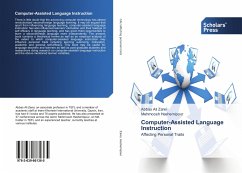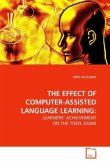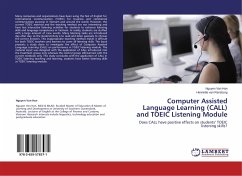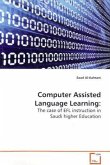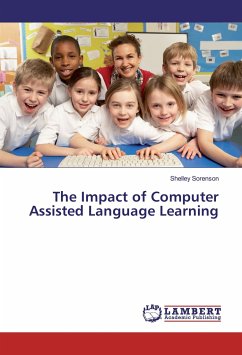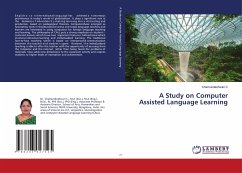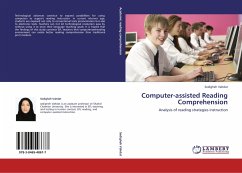There is little doubt that the advancing computer technology has almost revolutionized second/foreign language learning. It may be argued that apart from influencing language learning, computer-assisted language instruction has also influenced learners' motivation and their feelings of self efficacy in language learning, and has given them opportunities to learn a second/foreign language more independently. The present book contains a theoretical review as well as an empirical analysis of the extent to which computer-assisted language instruction may influence personal traits including learning autonomy, motivation, academic and general self-efficacy. This book may be useful for language teachers and learners as well as post graduate students and researchers doing research on computer-assisted language instruction and the above-mentioned learner variables.
Bitte wählen Sie Ihr Anliegen aus.
Rechnungen
Retourenschein anfordern
Bestellstatus
Storno

